Located on 80 acres of land in Petersburg, New York, Soul Fire Farm is an “Afro-Indigenous centered community farm committed to uprooting racism and seeding sovereignty in the food system” (Soul Fire Farm). “The way Soul Fire Farm started was through community need,” says Kiani, Assistant Program Manager at Soul Fire Farm.

Before starting Soul Fire Farm, founders Jonah Vitale-Wolff and Leah Penniman lived in Albany, New York, where they and their neighbors experienced difficulty acquiring fresh food for their families. Their neighbors encouraged them to create a “farm for the people,” and in 2006, Jonah and Leah obtained the land for Soul Fire Farm. After years of preparing the land and infrastructure, Soul Fire Farm officially launched in 2010 as a delivery program for low-income community members, bringing fresh vegetables and eggs to the doorsteps of those in need. In 2016, the farm was incorporated as a 501(c)3 nonprofit, adding educational programs and training that relate to subjects such as farming, food justice, and food apartheid.
Soul Fire in the City, which Kiani spearheaded, is “a home garden program that provides garden beds, supplies, and seedlings to folks in the 518.” Kiani tells me how “[Their] gardeners not only found joy and fulfillment through growing their own food but also contributed to food sovereignty in their communities.” Altogether, Soul Fire Farm’s food sovereignty programs reach over 10,000 people each year.
“This aspect of providing for our community has been an anchoring goal to the Farm since its inception” -Kiani
When confronted with surplus produce, Soul Fire Farm first distributes it to their community through their solidarity shares program. This program provides doorstep deliveries of fresh produce such as fruits, vegetables, pasture-raised livestock, honey, mushrooms, preserves, and plant medicine to community members living in food apartheid—areas that lack access to fresh, nutritious produce due to systemic racial injustices. This year, Soul Fire Farm distributed these shares to over 20 families and a few centers that connected the produce to people within their own networks.

If surplus produce remains after the solidarity shares, Soul Fire Farm connects it to The Farmlink Project. Since July, The Farmlink Project has worked with Soul Fire Farm on deliveries of surplus kale, greens, scallions, hot peppers, potatoes, and mixed produce to the Regional Foodbank of NE New York in Latham, New York.
Soul Fire Farm is truly special in their approach to growing food and giving to their community. They “prioritize people and the earth over profits,” helping restore both the land that they operate on and the people whom they serve. The Farmlink Project is proud to work with Soul Fire Farm, and admires them for their commitment to helping those in need.
If you’d like to learn more about Soul Fire Farm check out their website here!
< Back
Located on 80 acres of land in Petersburg, New York, Soul Fire Farm is an “Afro-Indigenous centered community farm committed to uprooting racism and seeding sovereignty in the food system” (Soul Fire Farm). “The way Soul Fire Farm started was through community need,” says Kiani, Assistant Program Manager at Soul Fire Farm.

Before starting Soul Fire Farm, founders Jonah Vitale-Wolff and Leah Penniman lived in Albany, New York, where they and their neighbors experienced difficulty acquiring fresh food for their families. Their neighbors encouraged them to create a “farm for the people,” and in 2006, Jonah and Leah obtained the land for Soul Fire Farm. After years of preparing the land and infrastructure, Soul Fire Farm officially launched in 2010 as a delivery program for low-income community members, bringing fresh vegetables and eggs to the doorsteps of those in need. In 2016, the farm was incorporated as a 501(c)3 nonprofit, adding educational programs and training that relate to subjects such as farming, food justice, and food apartheid.
Soul Fire in the City, which Kiani spearheaded, is “a home garden program that provides garden beds, supplies, and seedlings to folks in the 518.” Kiani tells me how “[Their] gardeners not only found joy and fulfillment through growing their own food but also contributed to food sovereignty in their communities.” Altogether, Soul Fire Farm’s food sovereignty programs reach over 10,000 people each year.
“This aspect of providing for our community has been an anchoring goal to the Farm since its inception” -Kiani
When confronted with surplus produce, Soul Fire Farm first distributes it to their community through their solidarity shares program. This program provides doorstep deliveries of fresh produce such as fruits, vegetables, pasture-raised livestock, honey, mushrooms, preserves, and plant medicine to community members living in food apartheid—areas that lack access to fresh, nutritious produce due to systemic racial injustices. This year, Soul Fire Farm distributed these shares to over 20 families and a few centers that connected the produce to people within their own networks.

If surplus produce remains after the solidarity shares, Soul Fire Farm connects it to The Farmlink Project. Since July, The Farmlink Project has worked with Soul Fire Farm on deliveries of surplus kale, greens, scallions, hot peppers, potatoes, and mixed produce to the Regional Foodbank of NE New York in Latham, New York.
Soul Fire Farm is truly special in their approach to growing food and giving to their community. They “prioritize people and the earth over profits,” helping restore both the land that they operate on and the people whom they serve. The Farmlink Project is proud to work with Soul Fire Farm, and admires them for their commitment to helping those in need.
If you’d like to learn more about Soul Fire Farm check out their website here!
Soul Fire Farm
Petersburg, New York
Located on 80 acres of land in Petersburg, New York, Soul Fire Farm is an “Afro-Indigenous centered community farm committed to uprooting racism and seeding sovereignty in the food system” (Soul Fire Farm). “The way Soul Fire Farm started was through community need,” says Kiani, Assistant Program Manager at Soul Fire Farm.

Before starting Soul Fire Farm, founders Jonah Vitale-Wolff and Leah Penniman lived in Albany, New York, where they and their neighbors experienced difficulty acquiring fresh food for their families. Their neighbors encouraged them to create a “farm for the people,” and in 2006, Jonah and Leah obtained the land for Soul Fire Farm. After years of preparing the land and infrastructure, Soul Fire Farm officially launched in 2010 as a delivery program for low-income community members, bringing fresh vegetables and eggs to the doorsteps of those in need. In 2016, the farm was incorporated as a 501(c)3 nonprofit, adding educational programs and training that relate to subjects such as farming, food justice, and food apartheid.
Soul Fire in the City, which Kiani spearheaded, is “a home garden program that provides garden beds, supplies, and seedlings to folks in the 518.” Kiani tells me how “[Their] gardeners not only found joy and fulfillment through growing their own food but also contributed to food sovereignty in their communities.” Altogether, Soul Fire Farm’s food sovereignty programs reach over 10,000 people each year.
“This aspect of providing for our community has been an anchoring goal to the Farm since its inception” -Kiani
When confronted with surplus produce, Soul Fire Farm first distributes it to their community through their solidarity shares program. This program provides doorstep deliveries of fresh produce such as fruits, vegetables, pasture-raised livestock, honey, mushrooms, preserves, and plant medicine to community members living in food apartheid—areas that lack access to fresh, nutritious produce due to systemic racial injustices. This year, Soul Fire Farm distributed these shares to over 20 families and a few centers that connected the produce to people within their own networks.

If surplus produce remains after the solidarity shares, Soul Fire Farm connects it to The Farmlink Project. Since July, The Farmlink Project has worked with Soul Fire Farm on deliveries of surplus kale, greens, scallions, hot peppers, potatoes, and mixed produce to the Regional Foodbank of NE New York in Latham, New York.
Soul Fire Farm is truly special in their approach to growing food and giving to their community. They “prioritize people and the earth over profits,” helping restore both the land that they operate on and the people whom they serve. The Farmlink Project is proud to work with Soul Fire Farm, and admires them for their commitment to helping those in need.
If you’d like to learn more about Soul Fire Farm check out their website here!
.png)


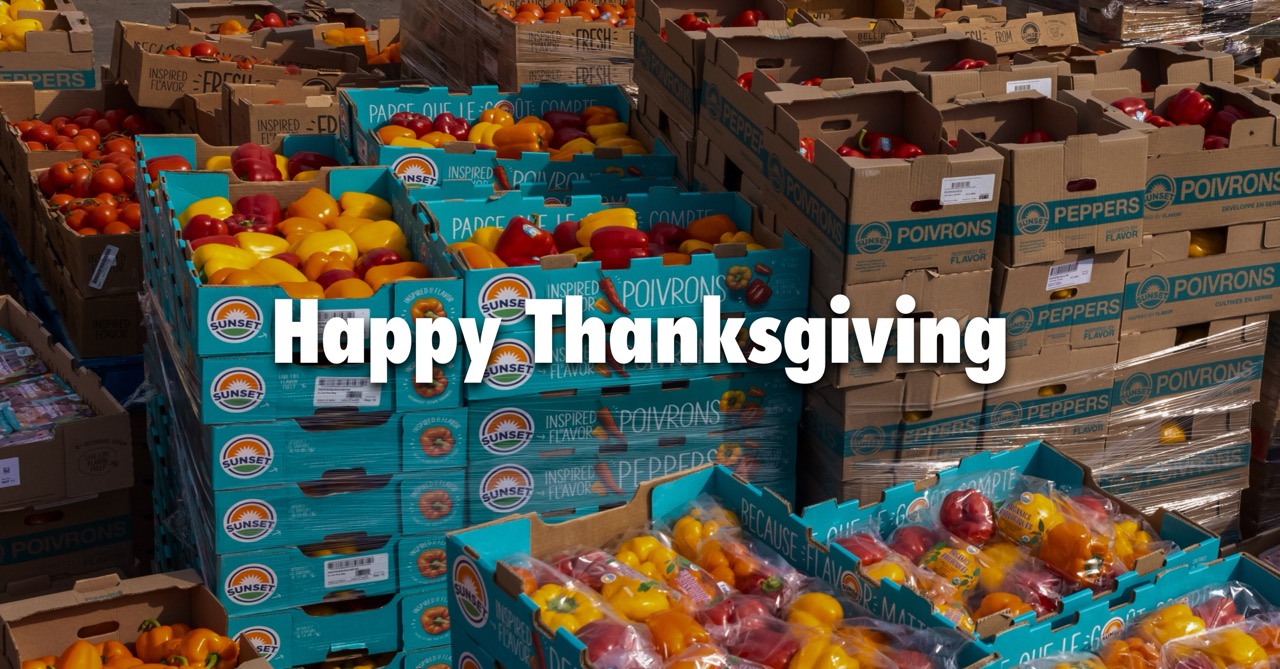
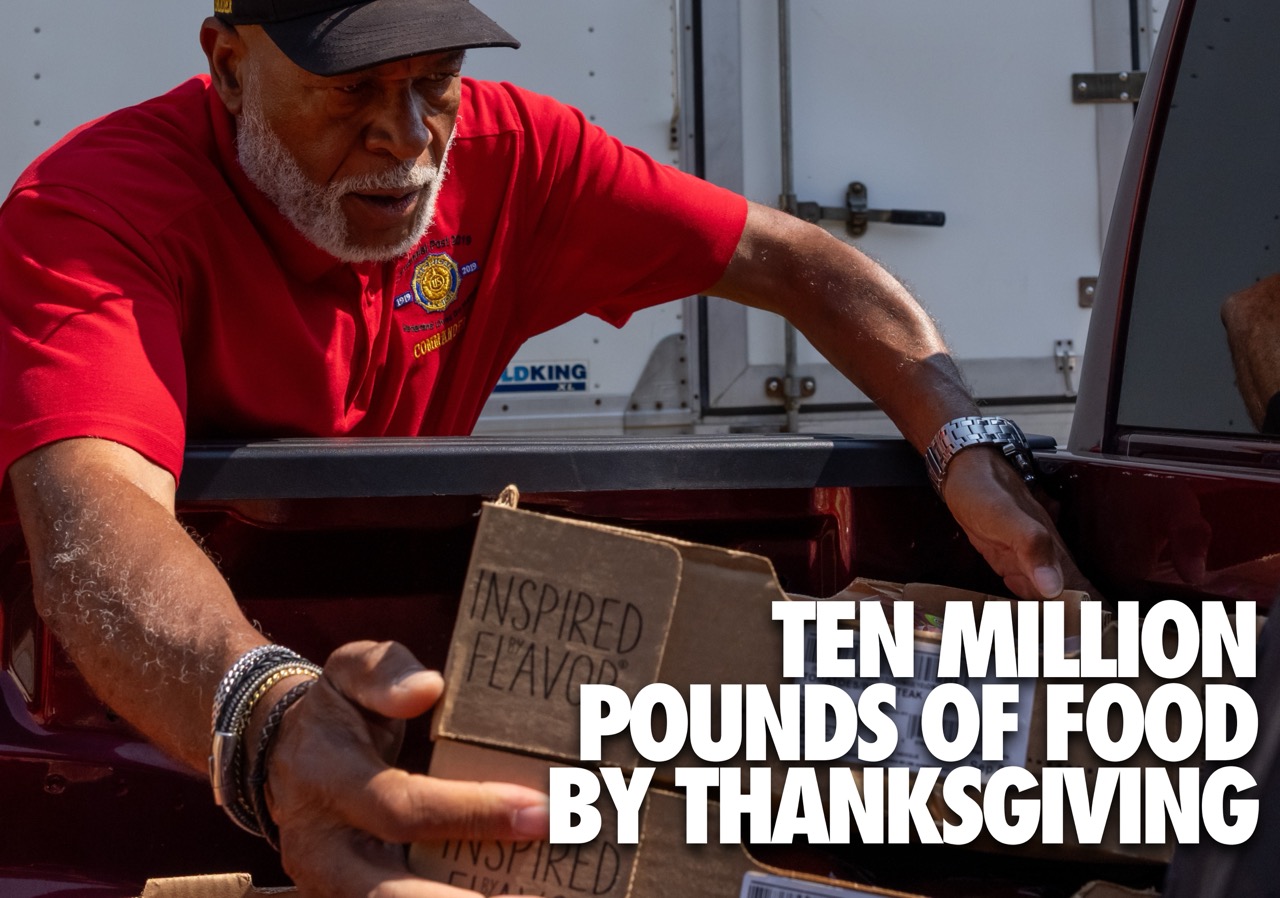
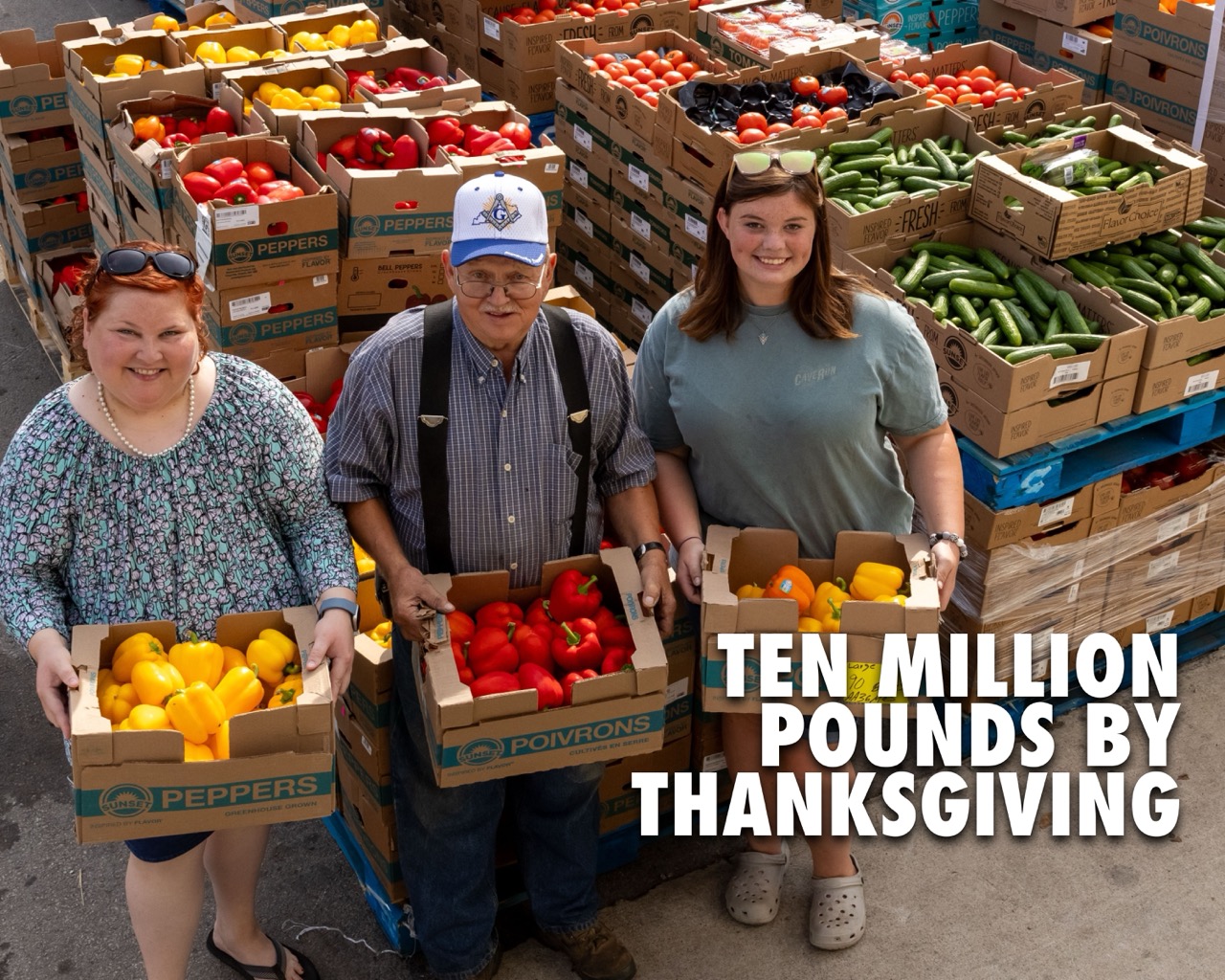
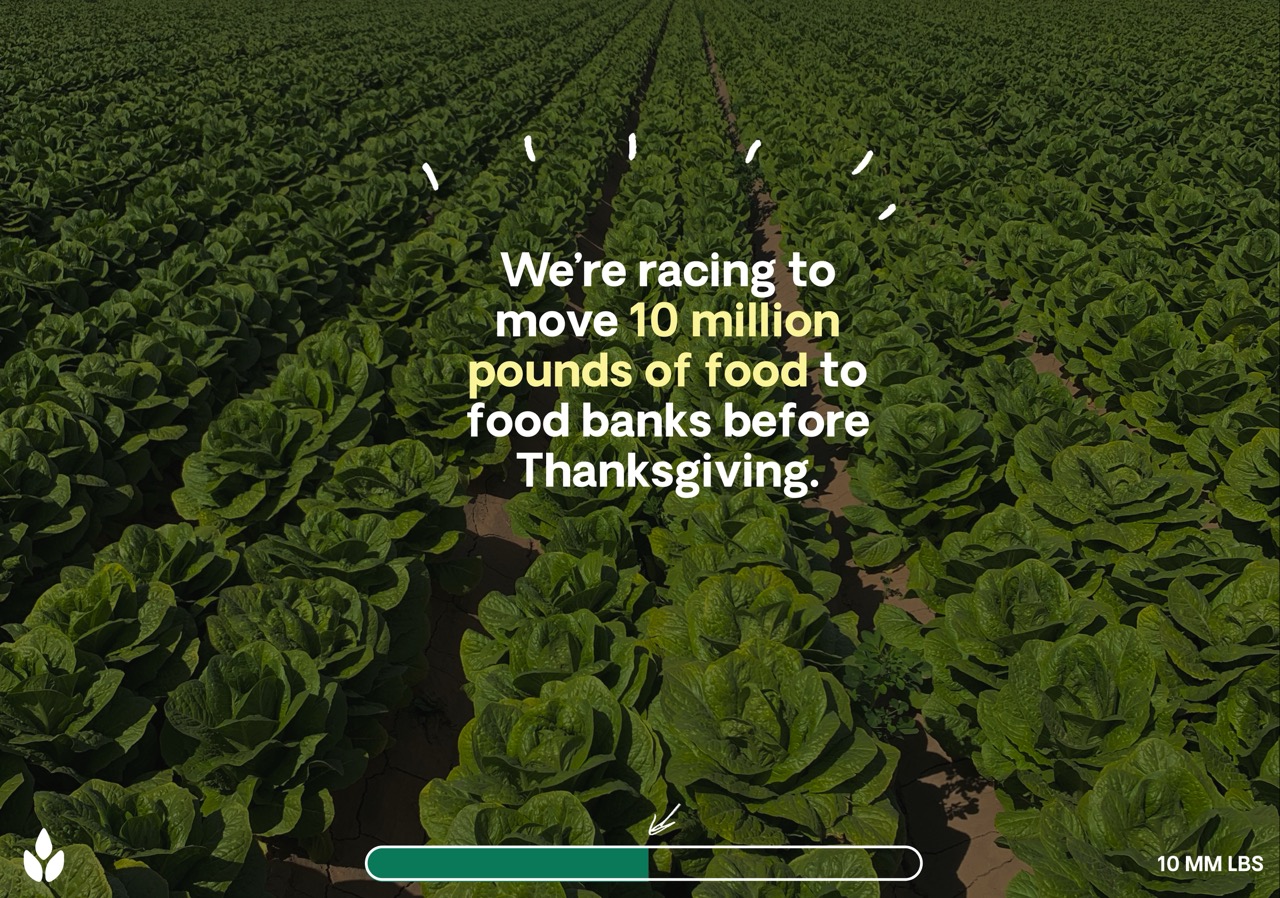
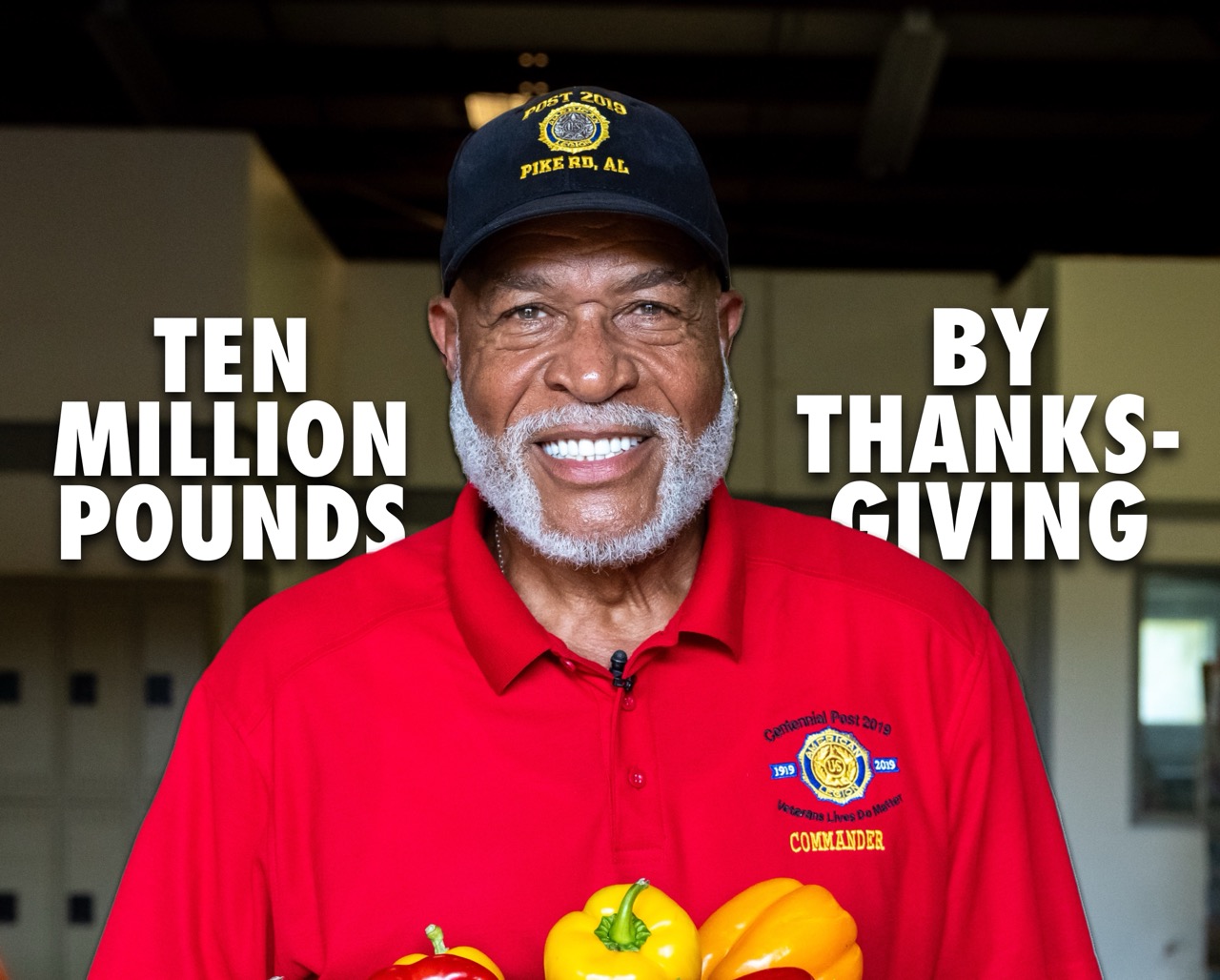
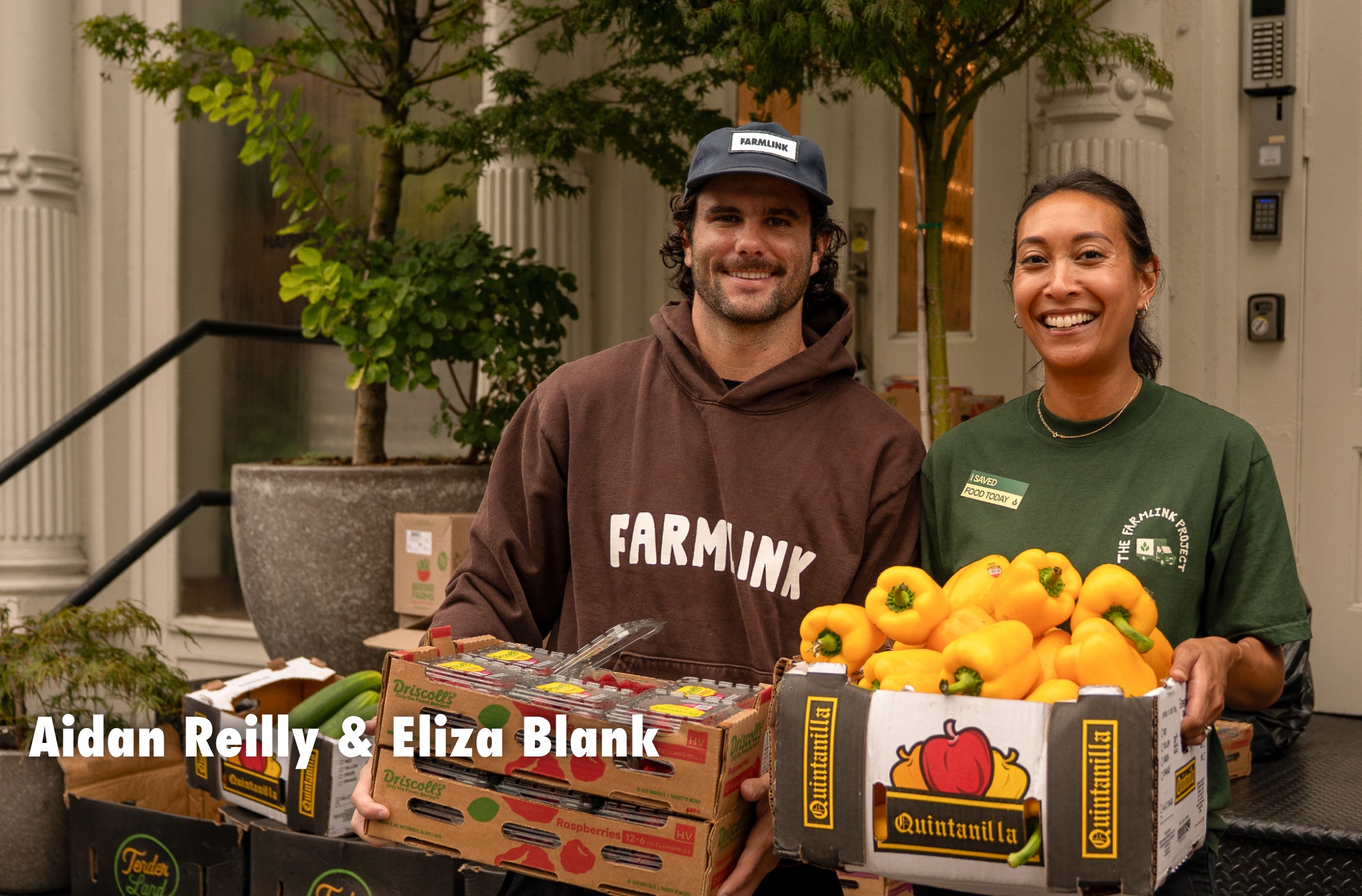
.svg)
.svg)
.svg)